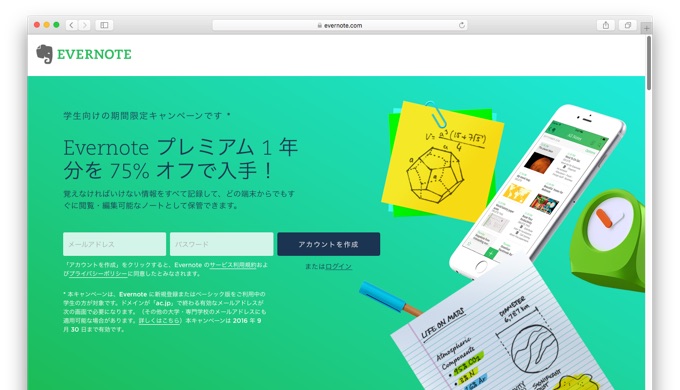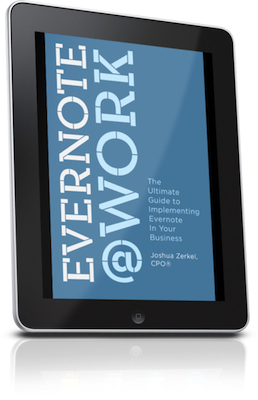

OneNote is often available as part of an organization's Microsoft Office suite, so you may have access to the premium version at work.Įvernote is a standalone product that debuted in 2008 and is available as a free download with premium features available for purchase. A web-based application is also available, so you can use OneNote without installing anything on your computer. Desktop applications are available for Windows 7, Windows 8, and Mac OS 10.9 (Mavericks), plus mobile apps for iOS, Android, and Windows Phone. A few premium features are available only with an Office 365 subscription: the ability to store notebooks locally rather than in the cloud, syncing to OneDrive for Business, password protection for notebooks, and more. Most features are free, including 7 gigabytes (GBs) of storage on OneDrive, Microsoft's cloud storage platform. Microsoft OneNote debuted in 2003 as part of Microsoft Office 2003 it is now part of Office 2013 but is also available as a free download.

Of these applications, two of the best known are Evernote and Microsoft OneNote. How do you keep track of all this material so that you can find it again when and where you need it? When you come back from a conference, consult with colleagues about a problem, attend multiple meetings, or research an issue, how do you store that information so that you can retrieve it next week, next month, or next year? Enter note-taking applications, which are designed to consolidate many types of information into a single, searchable tool. But how do you manage the information that you need to do your job better and make informed decisions? In an average day, the average health information professional may gather information from meetings, websites, books, journals, emails, and colleagues. Health information professionals help users find and manage all sorts of information so that they can do their jobs better or, for patients, make informed decisions about their health.


 0 kommentar(er)
0 kommentar(er)
